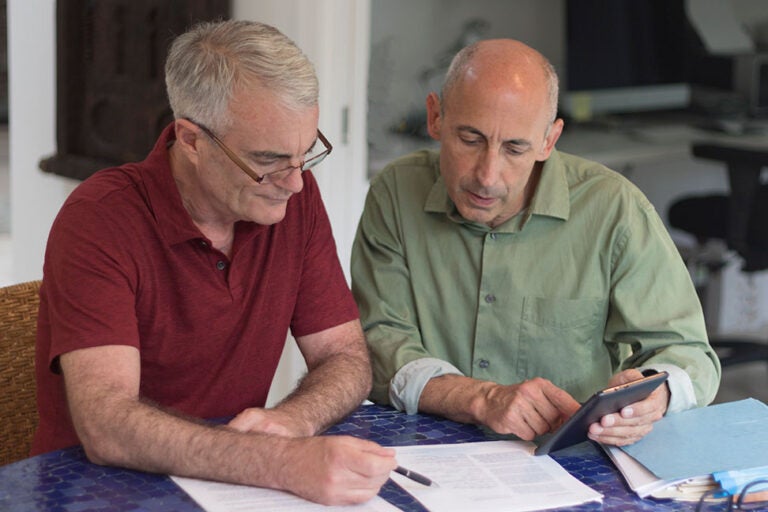Life of a Reverse Mortgage
Walk through the life of a reverse mortgage loan and learn what borrowers can expect from each stage from the application process through the end of the loan. When you think you’ve got the picture, feel free to reach out to one of our qualified loan advisors, who can help you see what a reverse mortgage might look like in your life.
Applying
View moreLTV or loan-to-value ratio is one of the factors that lenders consider in deciding how much a reverse mortgage borrower can receive.
Read article from Understanding reverse mortgage loan-to-value ratiosMobile homes are not the same as manufactured homes. Learn the difference and how it applies to a reverse mortgage.
Read article from Can you get a reverse mortgage on a mobile home?To be eligible for a reverse mortgage, borrowers need to own their homes outright or have substantial equity.
Read article from Reverse mortgage equity requirementsManaging
View moreEligible non-borrowing spouses in a HECM are afforded certain rights and protections by HUD. Here are the details.
Read article from A non-borrowing spouse guide to reverse mortgageLearn about the fees you can expect from a reverse mortgage from application through the conclusion of the loan.
Read article from What fees do you pay with a reverse mortgage?Reverse mortgage borrowers receive a TALC disclosure to help them understand what they can expect to pay over the life of the loan.
Read article from Understanding the TALC disclosureEnd of the Loan
Reverse mortgage borrowers may repay the balance at any time. They are not required to wait until the loan comes due.
Read article from Repaying a reverse mortgageWhen a reverse mortgage borrower passes away, their estate must resolve the debt. While heirs may need to decide how that happens, they are not personally responsible for the debt.
Read article from Are heirs responsible for reverse mortgage debt?There are several ways to exit or walk away from a reverse mortgage before it comes to term. Contrary to a popular myth, none of them require that you pay a penalty.
Read article from Can you walk away from a reverse mortgage?







